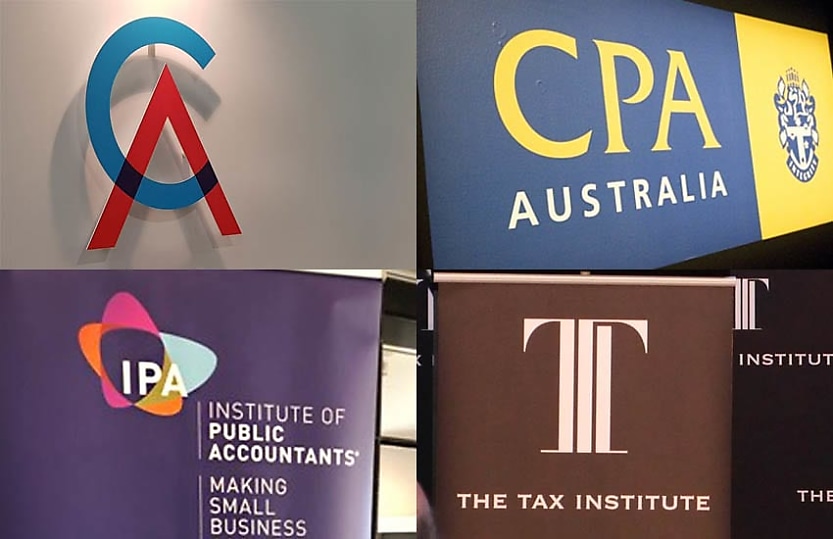Government fails to deliver on agreed changes to code instrument: joint bodies

Amendments to the code of conduct instrument has led to substantial improvement but issues relating to Section 15 still remain, according to industry bodies.
A raft of industry bodies and associations have responded to the proposed agreements to the code of conduct instrument released last week with the vote on the motion to disallow the instrument looming next week.
In their submission, the joint bodies said while the government's exposure draft makes significant improvements in a range of areas, certain areas remain of concern, particularly for small and medium practitioners.
The joint bodies comprise major accounting bodies, the Institute of Certified Bookkeepers, the National Tax & Accountants' Association, the Institute of Financial Professionals Australia, the SMSF Association and the Tax Institute.
The bodies noted that the exposure draft amendments greatly improve section 45, which relates to keeping clients informed and section 20, concerning conflicts of interest in dealing with government. The amendments make them more targeted and closely aligned to the policy intent of the provisions, the submission said.
"The Joint Bodies welcome these amendments and appreciate the government listening to and actioning our concerns in relation to these provisions," it said.
However, the Joint Bodies still hold concerns about section 15 despite there being some improvement from the original.
The Joint Bodies said the section does not meet what was agreed in a negotiated agreement on 10 September.
Additional requirements have also been added to the section which were not agreed to, which dilute the meaning of substantial harm, the submission said. The Joint bodies said that further amendments are required to meet what was agreed.
Originally, section 15 required tax/BAS agents to report to the ATO statements which the agent reasonably believed were false, incorrect or misleading in a material particular, or omitted some matter or thing without which the statement is misleading in a material respect, where the maker did not correct the statement within a reasonable time.
The Joint bodies said that their preference would be to remove the 'dob-in' provisions altogether but the government has been steadfast that removal is not an option.
"An improvement was negotiated to raise the threshold at which the dob-in provisions become operative, using concepts from the non-compliance with laws and regulations (NOCLAR) requirements of the Accounting Professional and Ethical Standards (APES), with which many tax practitioners are familiar," the submission said.
Under the proposed amendments, the threshold before reporting becomes mandatory is that after a reasonable period of time, you are not satisfied that the false or misleading statement was corrected and:
• It was made due to recklessness as to the operation of a taxation law or intentional disregard of a taxation law; and
• The client's actions have caused, are causing, or may still cause, substantial harm to the interests of others.
The Joint bodies said changes are needed to the definition of the term “substantial harm” in note 4 of section 15 and the explanatory statement so that the definition is consistent with APES 100, R260 and R360.
"The current references to a tax practitioners' obligations in paragraph (b) of note 4 to section 15, and the addition of other criteria in the explanatory statement (such as client’s customers, competitors, Parliamentary intent, and public confidence and trust) impose a significantly different test than that which is contemplated by the APES 110 360.5 A3," the submission said.
The Joint bodies said that further refinements around the explanation of ‘material’ are also needed to ensure that the intent to align the concepts with the NOCLAR provisions of the APES is met.
"Even with the currently proposed amendments, sections 10 (upholding and promoting the ethical standards of the tax profession) and 15 (false and misleading statements) remain of concern, particularly for small and medium practitioners, as these provisions fundamentally change the relationship between tax/BAS agents and their clients and impose additional compliance burdens on those least able to bear them," they said.
CPA Australia Regulations and Standards lead Belinda Zohrab-McConnell said the joint bodies have been working hard for several months to secure crucial amendments to the Tax Agent Service (Code of Professional Conduct) Determination 2024.
"We acknowledge the amendments that have been proposed to date, but we are continuing to advocate for further important changes to make this work," said Zohrab-McConnell.
Zohrab-McConnell said the intention of CPA Australia and other industry bodies has always been to ensure that the overwhelming majority of tax practitioners who go out of their way to comply with their obligations are not inadvertently impacted by the new rules.
"This is not about the big four, this about ensuring that suburban tax practitioners and small businesses are not punished for the actions of a few," said Zohrab-McConnell.






